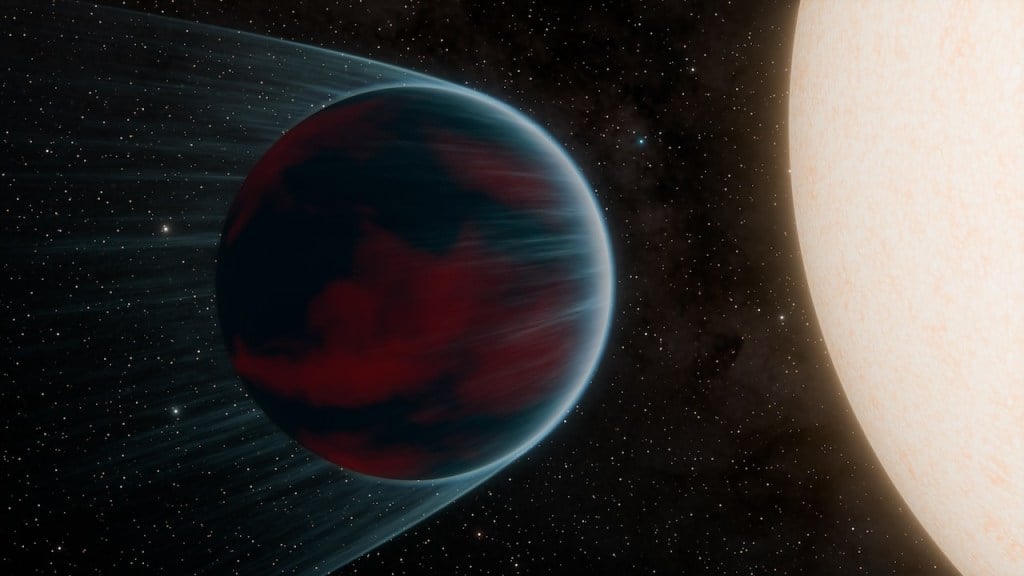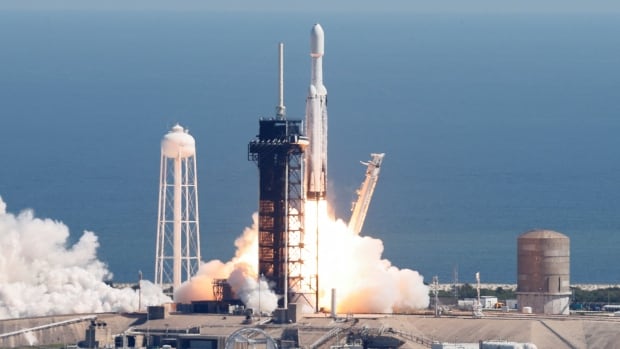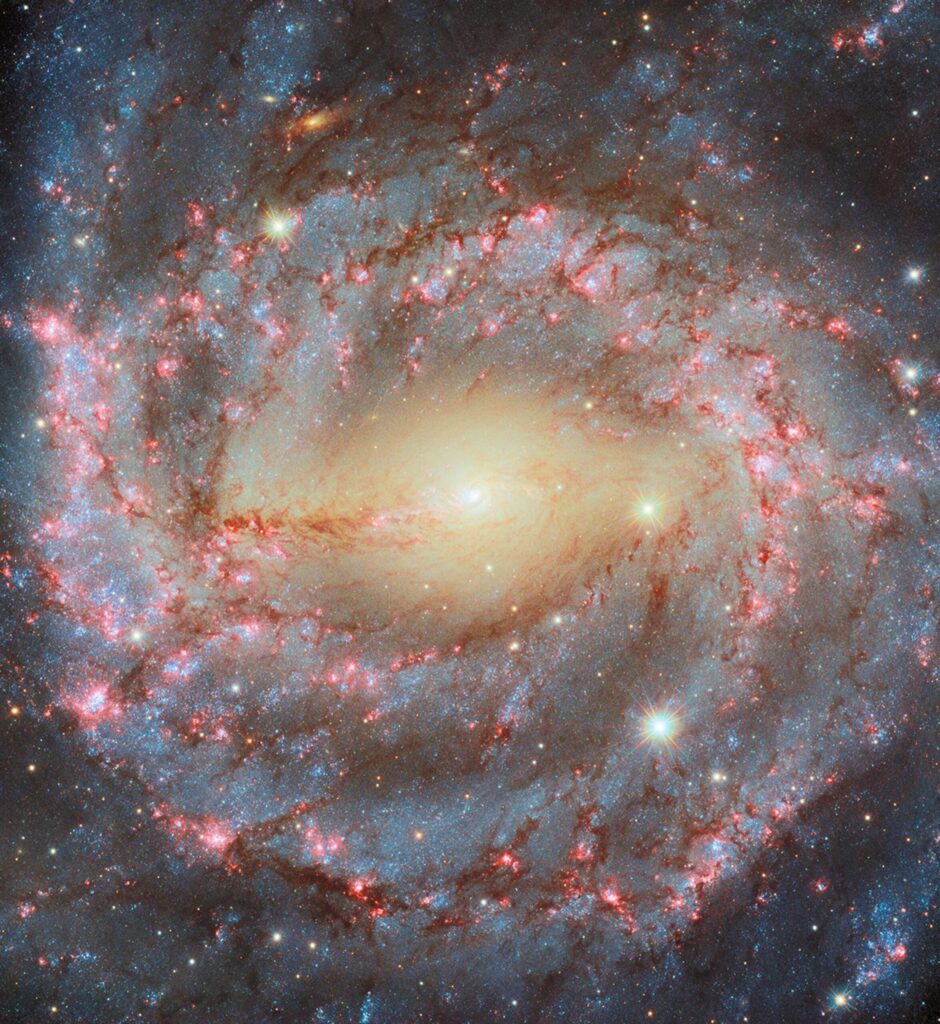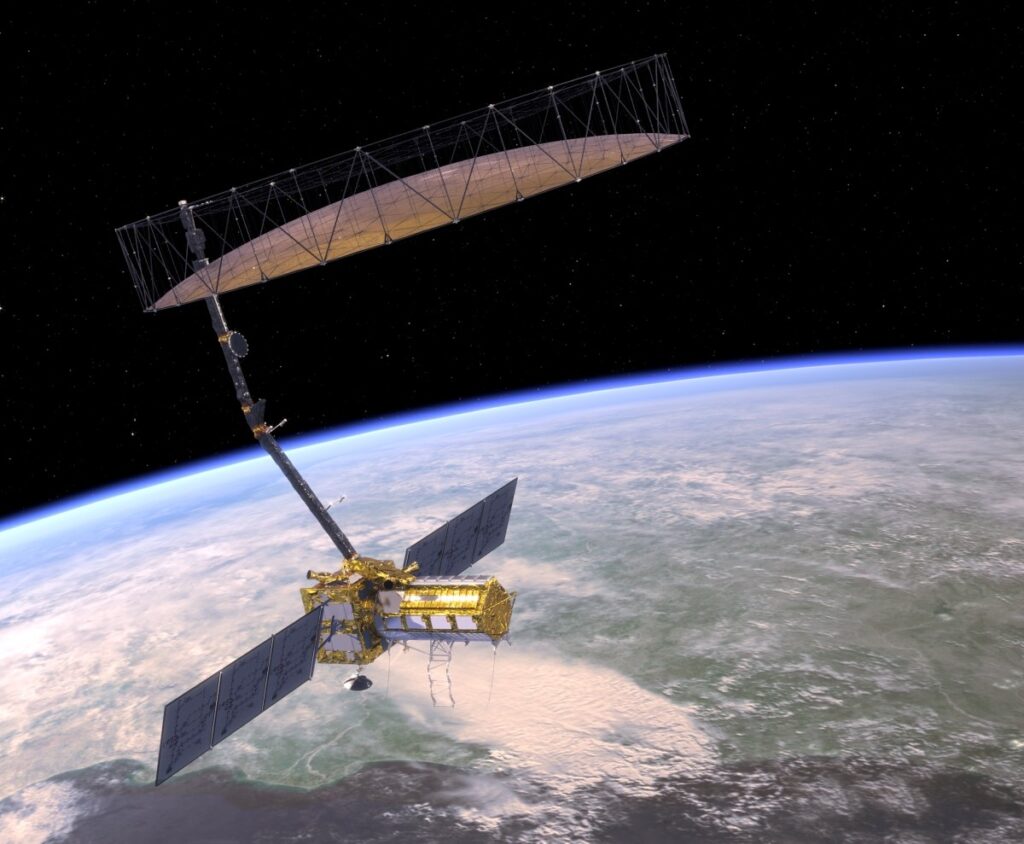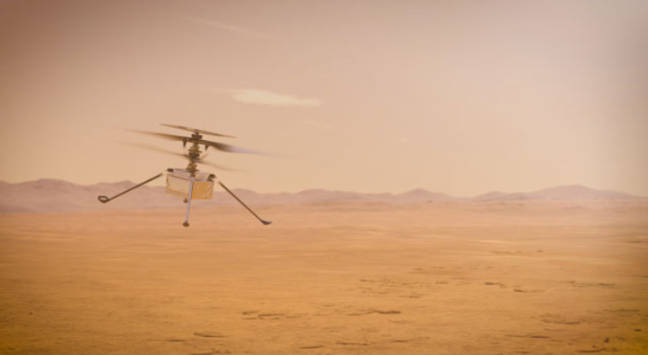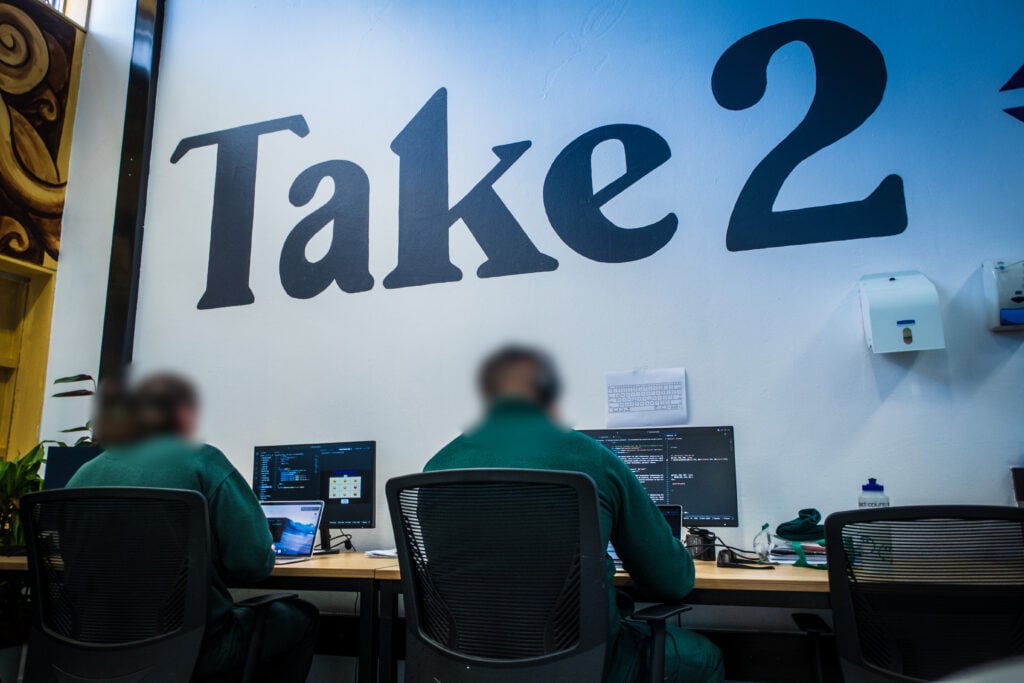NASA launches coding competition to organize solar eclipse images

NASA Space Technology The sun’s corona and solar flares appear during totality of the eclipse on April 8, 2024, in Indianapolis, Indiana. On Tuesday, NASA’s Eclipse Megamovie project announced a coding competition to organize eclipse images from more than 145 citizen scientists. File Photo by Edwin Locke/UPI | License Photo
Oct. 15 (UPI) — NASA is launching a coding competition to get some much-needed help with organizing images from April’s solar eclipse for the 2024 Eclipse Megamovie project.
“Thanks to the efforts of over 145 citizen scientists, more than 1 terabyte of photographs were collected and are now being analyzed,” NASA said. “These images will help scientists track disappearing jets and plumes, shedding light on how these solar events impact space weather and our understanding of the sun’s outer atmosphere.”
The Eclipse Megamovie project asked volunteers to take photographs of the total solar eclipse on April 8 to “discover the secret lives of solar jets and plumes.” According to NASA, many jets and plumes vanish or change after they are formed on the sun and before they “move out into the solar wind.”
NASA’s coding competition will challenge applicants to develop a sorting machine for each solar eclipse photo into specific solar eclipse phase categories.
Submissions, which are due Nov. 18, will be evaluated based on their categorization accuracy. Information and competition rules can be found at the Eclipse Megamovie project website.
“Not only will your code help organize the massive amounts of data collected, but you’ll also have the chance to win some prizes,” NASA said.
The first place winner will receive image-stabilized binoculars with solar filters, an Eclipse Megamovie Team Patch, a NASA calendar, an Eclipse Megamovie sticker, a First Prize certificate and a feature on the Eclipse Megamovie website.
Second and third place winners will also be featured on the Eclipse Megamovie website and will receive an Eclipse Megamovie Team Patch, a NASA calendar, an Eclipse Megamovie sticker and a certificate.
NASA said it is looking forward to working with its citizen scientist volunteers, according to Eclipse Megamovie scientist Hannah Hellman.
“They bring passion, experience and technological knowledge to our projects.”



 Hot Deals
Hot Deals Shopfinish
Shopfinish Shop
Shop Appliances
Appliances Babies & Kids
Babies & Kids Best Selling
Best Selling Books
Books Consumer Electronics
Consumer Electronics Furniture
Furniture Home & Kitchen
Home & Kitchen Jewelry
Jewelry Luxury & Beauty
Luxury & Beauty Shoes
Shoes Training & Certifications
Training & Certifications Wears & Clothings
Wears & Clothings





